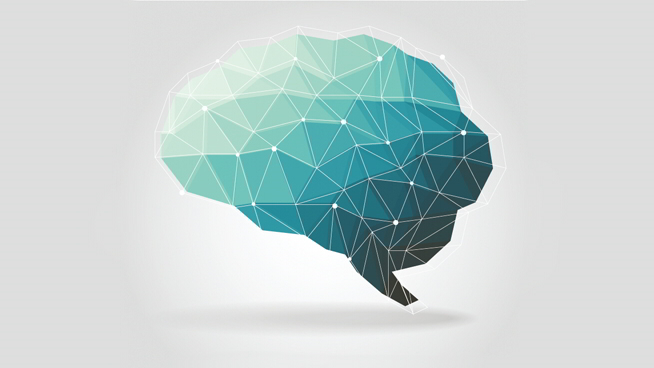Why Do We Remember False Information?
添加时间:2020-05-30 10:57:10 浏览:2873
Even if we used to know the truth, our brains can start repeating false information that contradicts the facts.
Our brains are wired to believe information automatically — even if it's false — because it helps us learn efficiently.
When we hear new information, those fresh facts don't override what we already knew before. Instead, both the new and old information live together in our minds.
A few factors determine which one we'll draw on when the situation comes up. Oftentimes, we'll quote the information you heard most recently — even if it's wrong.
Because they're fresher in our minds, short-term memories are easier for our brains to access than facts we heard long ago.

We'd have to think back further to remember previous knowledge, so people will often ignore those facts in favor of new inaccurate information, says David Rapp, PhD, a psychology and education professor at Northwestern University.
We are also inclined to buy into the facts that seem more plausible. Often, this means they fit better with what we want to believe, which could explain why people quote such different facts in political debates.
"Both candidates said something that was objectively true or not, but people would ignore that information and go with their hopes, wishes, biases, preferences, or gut responses because it aligns with what they hope to be true," says Rapp.